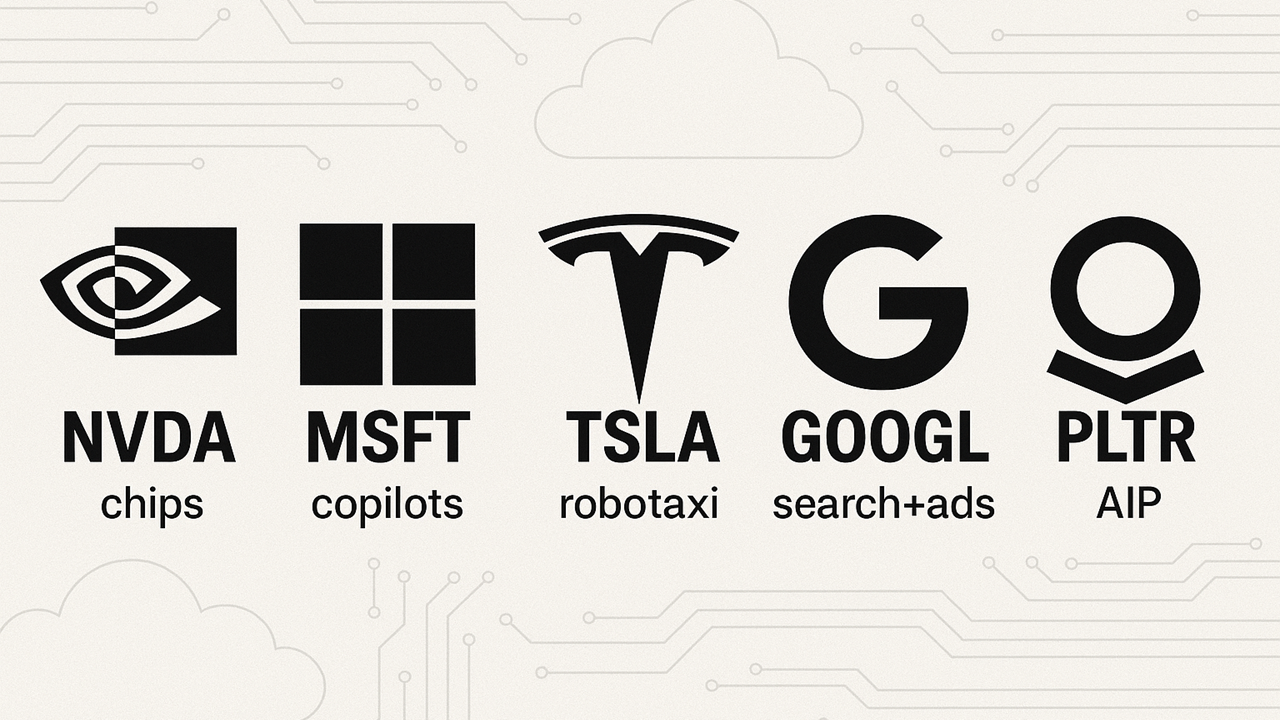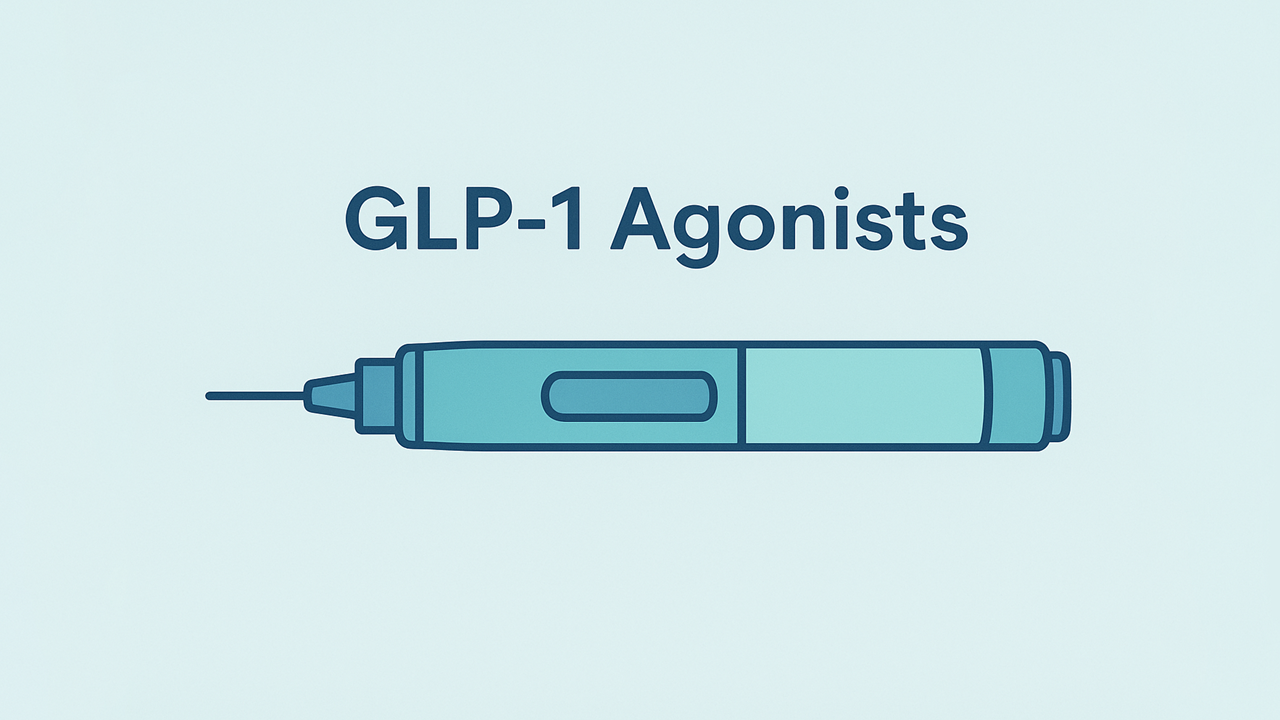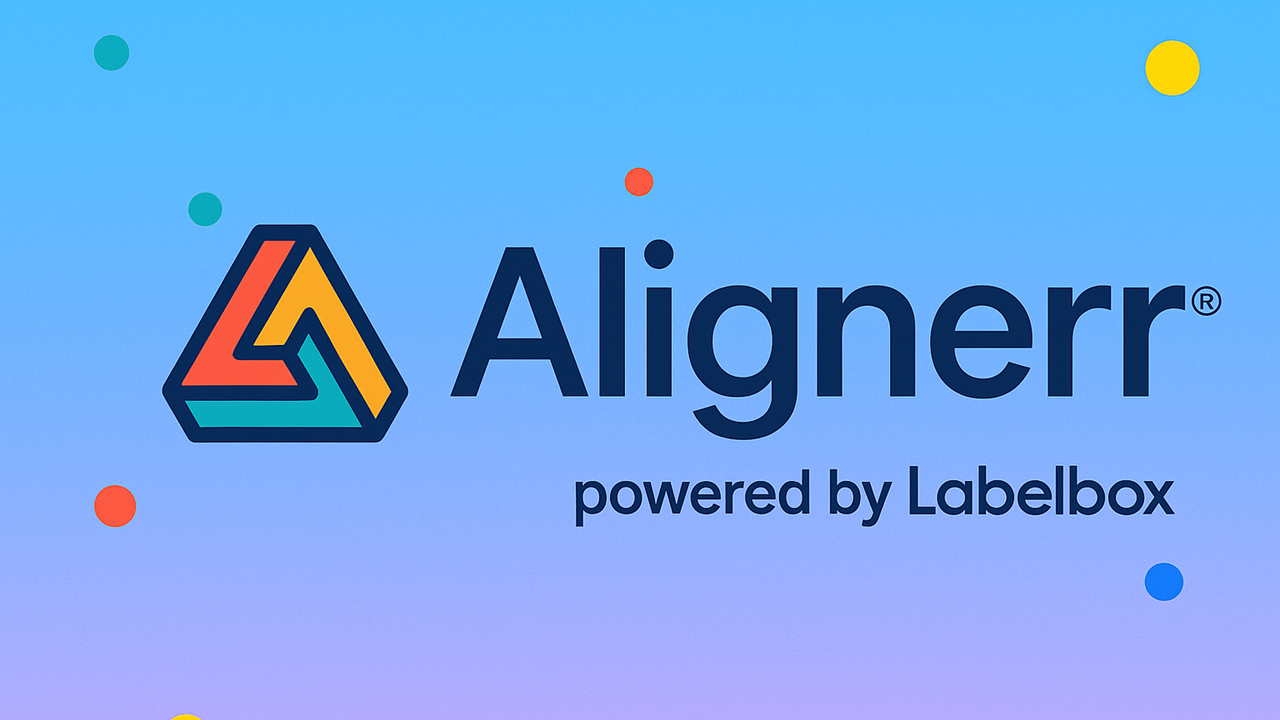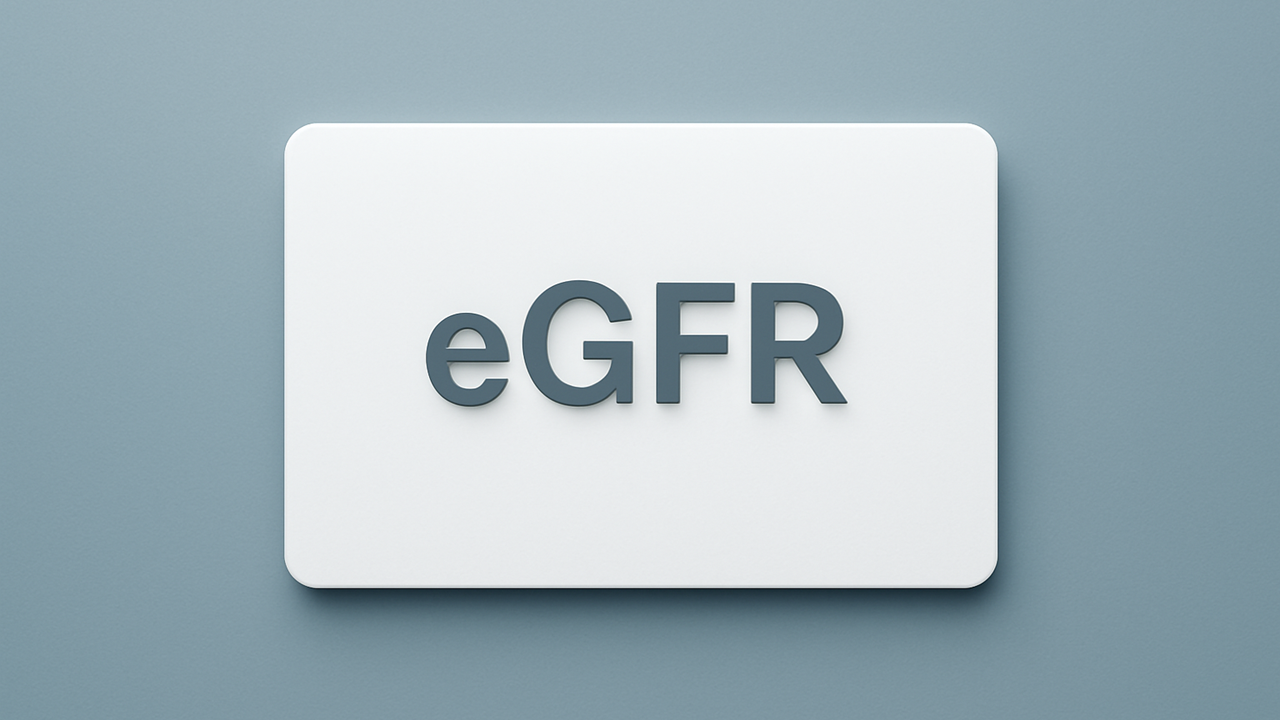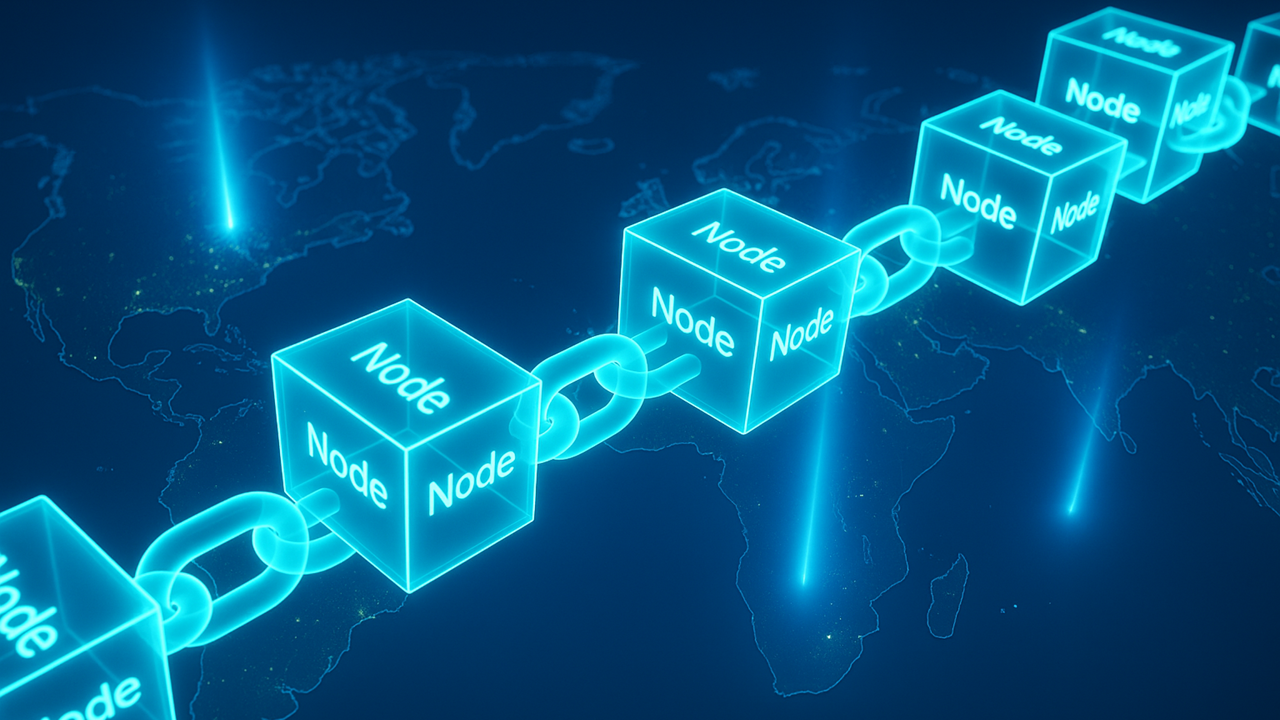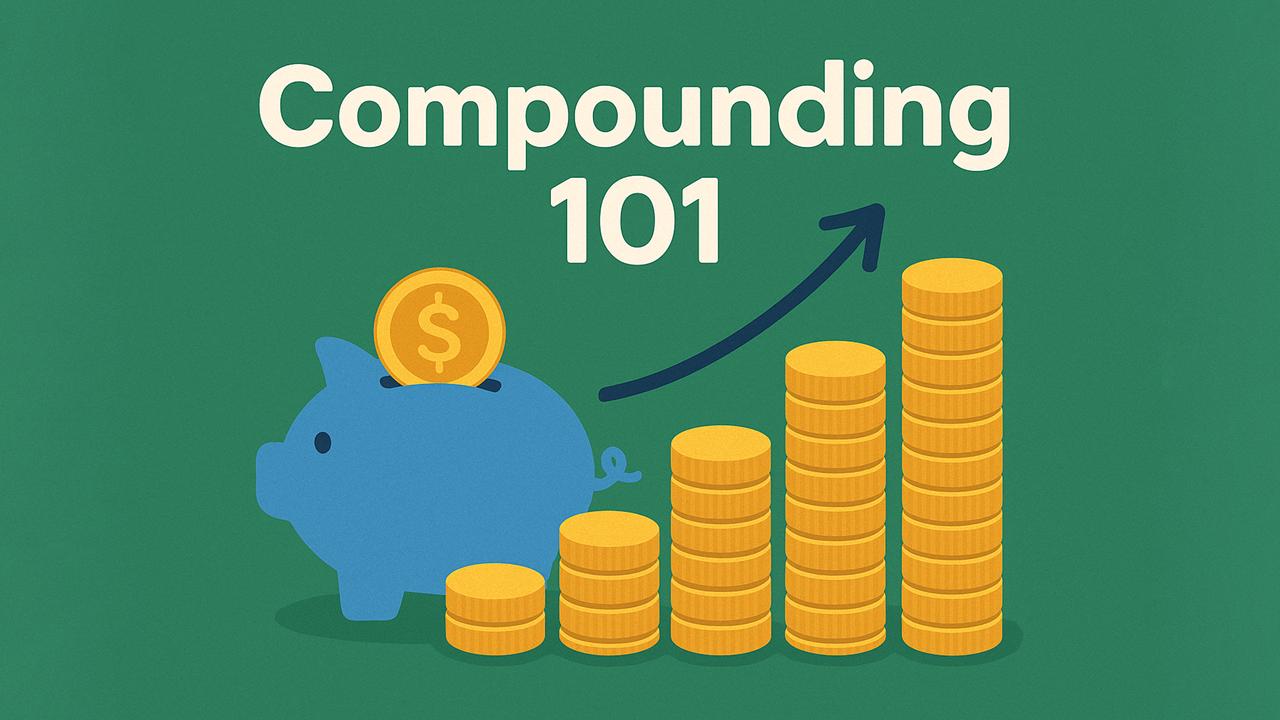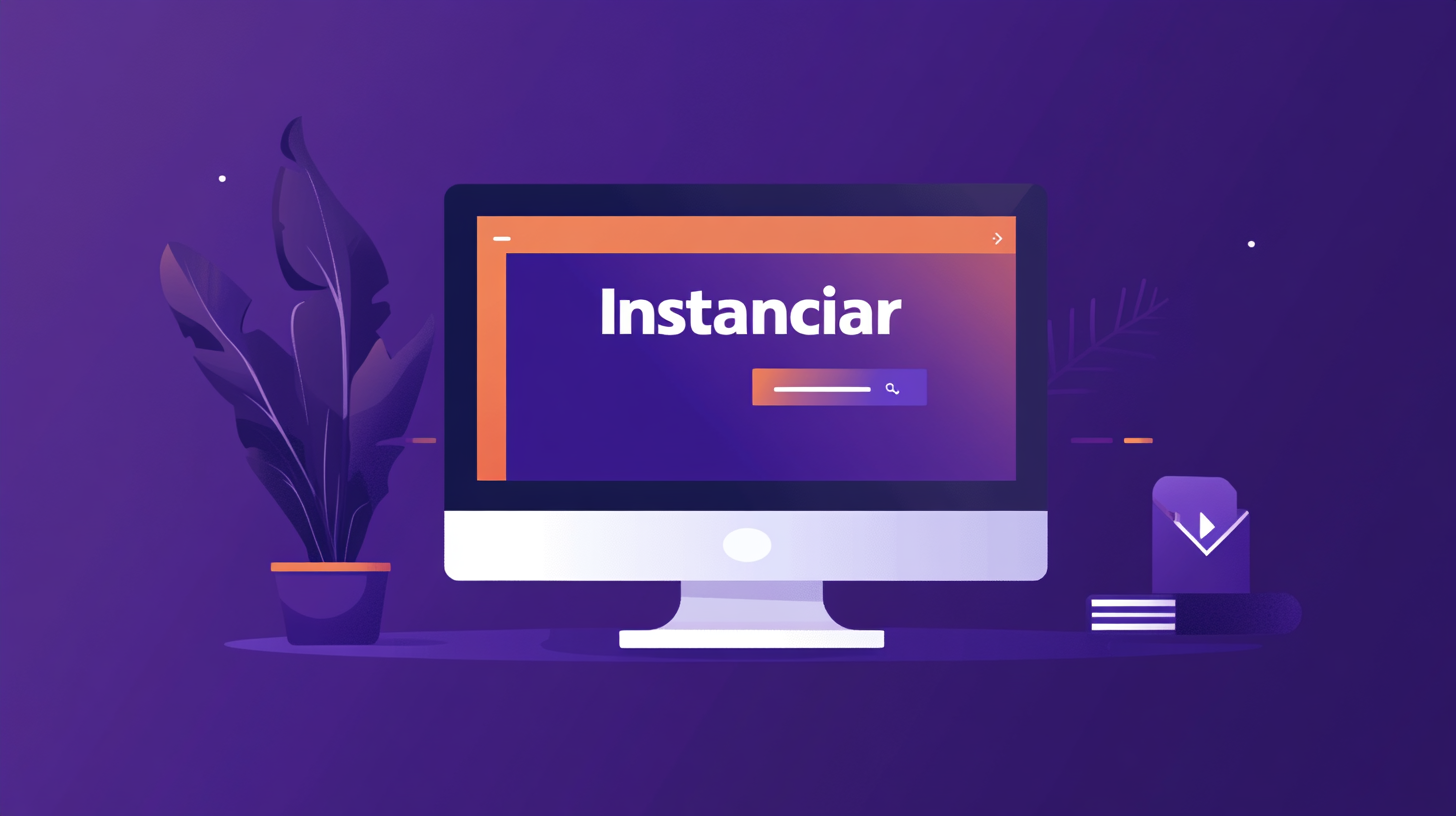Alternatives to Expensive Rotating Proxies for Web Scrapping
Data / Web scraping has become a major strategy for businesses and individuals looking to gather insights quickly, but it sure can feel complicated for beginners. You might rummage around the internet, collecting data from multiple sources, all to figure out what your customers like, how your competitors behave, or even to discover new market opportunities. People are often unsure how to do it effectively at first, but we have some resources that can help you feel comfortable with the process (and make some cash while at it) so we had to explore better tools and tactics until we felt comfortable with the process.
Web scraping typically involves sending large volumes of requests to websites. Doing that without the right approach can trigger captchas or IP blocks, basically halting your progress. Imagine you’re scraping an e-commerce site for product listings—if that site sees too many requests from a single IP, it might slam on the brakes. That’s why data scraping needs a thoughtful setup: you don’t wanna overdo your requests or show red flags that lead to a ban.
This is where proxies come into the picture. Once your scraping demands ramp up, they will be a necessary tool. They act as middlemen, shielding your real IP and letting you appear as different users, so you can gather data more covertly. While a single proxy might handle moderate scraping just fine, advanced scrapers often rely on large pools of IPs to look even more authentic. That’s when you start hearing about rotating proxies, which automatically cycle through addresses. This approach helps you remain stealthy, but it can also get expensive rather quickly, as even the cheapest ones will charge around $7 per GB of data. And what’s 1GB nowadays?
Rotating proxies are typically labeled the best of the best because they refresh your IP address at frequent intervals. However, you pay for that premium. They come with robust performance and higher IP pools, but the cost might be too steep if you’re running extensive, day-and-night scraping operations. Plus, you may face additional bandwidth fees on top of the subscription, which can strain smaller budgets and reduce the overall ROI of your data-gathering efforts.
Here are two alternatives to rotating (as well as the arguably best rotating proxy pool):
IPRoyal’s Mobile Proxies: The neat part is that you can set them to rotate every five minutes. This keeps you looking fresh in the eyes of target websites, similar to a full rotating service. It also includes unlimited data, so you won't get hammered by overage fees.
Proxy-Cheap’s Mobile Proxies: Generally called the fastest among the affordable mobile proxy options. If you’re in a hurry or want to shave precious seconds off your scraping tasks, these might be your best bet.
Bright Data’s Rotating Proxies: If you genuinely prefer the high-end rotating route, this provider remains top of the line. Their performance is excellent, though the cost can climb quickly for large-scale or long-term usage.
I think data scraping solutions will keep evolving, with more companies coming up with creative ways to bypass detection without forcing us to spend a fortune. Maybe we’ll see hybrid approaches mixing partial rotation with flexible speeds, or entire new methods to trick the toughest anti-bot systems. In the end, it’s about staying informed and finding the balance between budget, reliability, and speed.

CEO of Jivaro, a writer, and a military vet with a PhD in Biomedical Sciences and a BS in Microbiology & Mathematics.


